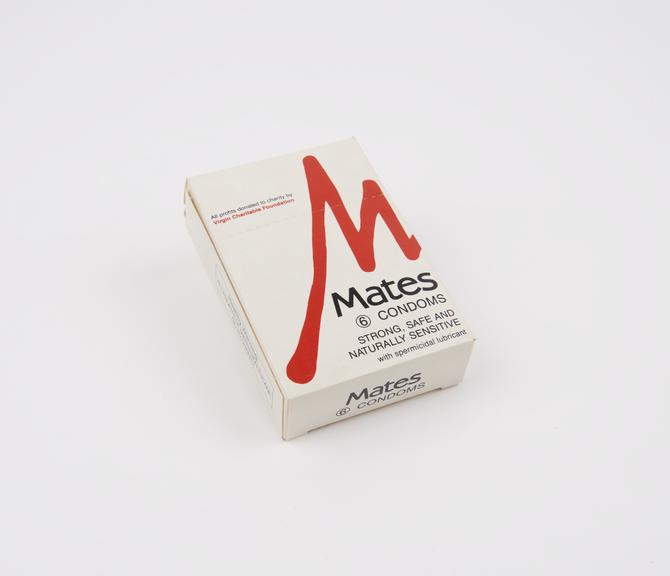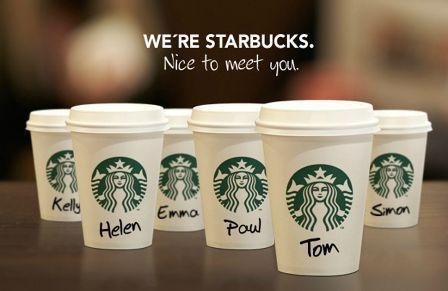Iconic Ads: Mates Condoms – Chemist

The advertising for Mates changed the way people looked at condoms. It was tackled in a fun way rather than serious and technical
Dunlop Rubber started making condoms in Australia in the 1890s. Dunlop employee Eric Ansell purchased the condom manufacturing machinery in 1905 and went on to form Ansell Rubber. Dunlop repurchased Ansell in 1969. Richard Branson, an English business mogul, hired Ansell to aid in a crusade against HIV/AIDS in 1987. Ansell agreed to produce the Mates brand of condom, to be marketed at low or no profit to promote condom usage. As time went on, Branson sold the Mates brand to Ansell, with yearly royalty payments going to Virgin Unite. Ansell’s Mates and Lifestyles brands currently serve the U.S. market.
The 1980s were marked by the spectre of the HIV/AIDS pandemic.
By 1987, 16,301 people in the United States had died from AIDS-related causes. This number included celebrities like Liberace and Rock Hudson. Although there were fewer occurrences in the UK at the time, the shocking statistics coming out of the US made it clear that more needed to be done to raise awareness and launch preventative efforts.
It became apparent in the late 1980s that, in the absence of a vaccine, condoms were the best alternative for limiting the spread of HIV; this remains true today.
With all proceeds going to AIDS charity, Mates were sold steeply subsidised to clinics at a price that was half that of market leader Durex.
What’s more, the brand likely played a role in shifting people’s ideas about what constitutes safe sex. Branson’s released a funny condom. Branson’s Mates, along with other companies like Red Stripe, Jiffi (slogan: “Come in a Jiffi”), Ramses, and Arouser, attempted to distance themselves from the conventional (straight) advertising of their competitors.
Surprisingly, the first condom commercial to run on British television did so on November 13, 1987.
Mates, broadcast six commercials—five comedic and one serious—to promote the use of condoms to stop the spread of HIV. While it was common knowledge that condoms prevented pregnancy, the fact that they also prevented the spread of STDs was less so. Mates Condoms set out to change that.
Short videos ranging from 40 seconds to 1 minute featured a variety of “awkward” scenarios, such as a twentysomething having trouble purchasing a pack at the drugstore, a young woman returning home extremely late after a date only to find her mother still awake, and a condom pack accidentally falling out of a man’s wallet during a romantic supper.
The advertisements are unique in that you can hear and read what the people in them are saying and thinking, respectively, turning a potentially awkward scenario into something humorous. Most significantly, it demonstrates that there is absolutely no need to be embarrassed about condom purchases, condom use, or condom discussions with parents.
Chemist, Restaurant, Yes, Carol, Drinks, and After are the titles of the six commercials. To make them, Still Price Twiggy D’souza Ltd. was commissioned.
The Favourite
Branson came up with a plan for Mates. According to him, spreading unnecessary alarm just served to make people more afraid. The tone of the first television condom advertisement, which he successfully persuaded BBC One controller Michael Grade to air, was lighthearted rather than threatening. Grade liked the one with this young guy who enters a pharmacy while trying to cover his face. “Mr Williams, how much are these Mates condoms?” the lady working the counter shouts to the chemist when he musters up the guts to ask for condoms.
While the other five commercials take a more lighthearted approach to combating the taboos associated with condom use, “After” takes a far more serious tack. After having sex, the two lovers lament to each other that they didn’t use condoms. Later, a voice-over states that condoms are effective against sexually transmitted diseases (STDs) and “even Aids” in addition to preventing unintended pregnancies.
Mates ran ads in homosexual periodicals asking readers to “be a carrier” of condoms rather than the AIDS virus. Slogans like “They’re extremely difficult to put on” Isn’t that half the excitement, though? Condom use, which may be depressing for some, becomes a sensual experience. Mates fostered the taking of individual choices in a comfortable environment as opposed to badgering individuals into chastity or scaring them into the kind of fear that causes them to make terrible, hasty judgements.
The brand was also successful in penetrating the female consumer market. Part of the reason for this success was Branson’s strategy of selling condoms in unusual places, including grocery stores, gas stations, and fast food restaurants. Mates had captured 20% of the market in its first year of existence. However, Mates’ success wasn’t just attributable to undercutting Durex; when Mates’ price went up, sales went up even more. According to Branson, at least half of the company’s clients were first-time users, and many of them were young, heterosexual, and concerned about contracting HIV/AIDS.
To help get sex out of the gutter, new condom companies enhanced the type of provocative advertising themes that are now commonplace.
Condom sales skyrocketed accordingly.
Reference
https://www.esquire.com/uk/life/a36715788/the-london-rubber-wars-and-the-aspirin-of-aids/
https://www.ibtimes.co.uk/30-years-remembering-day-uk-aired-its-first-tv-ad-campaign-condoms-1646823




1 Comment